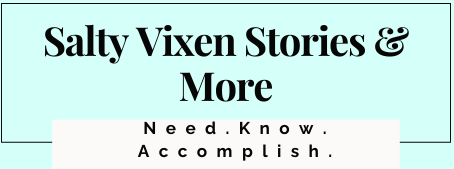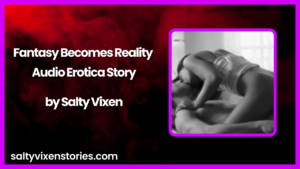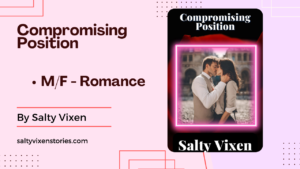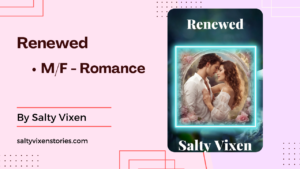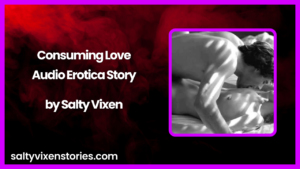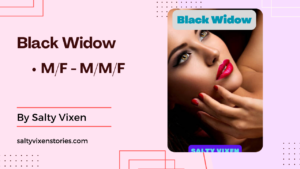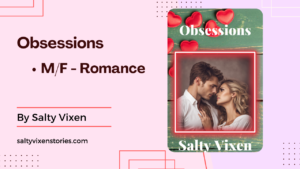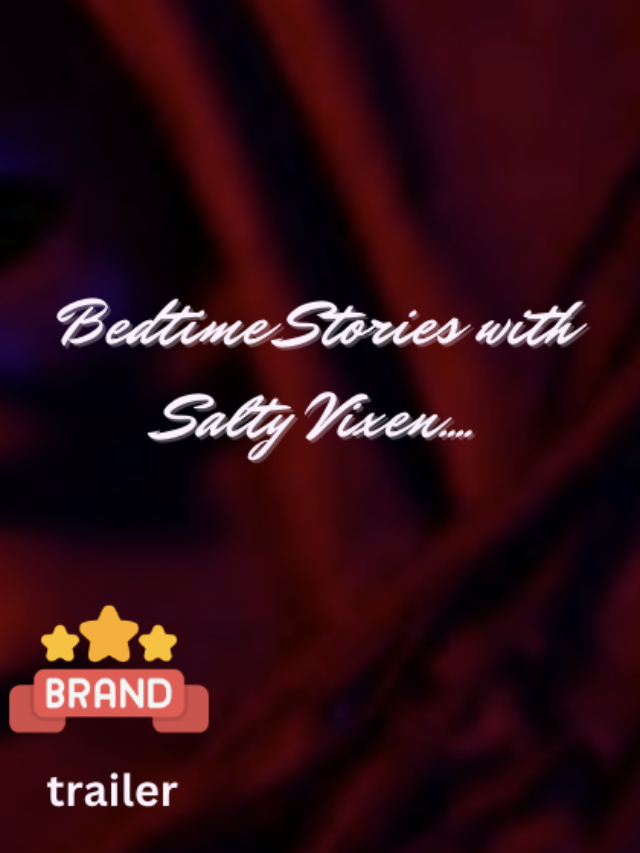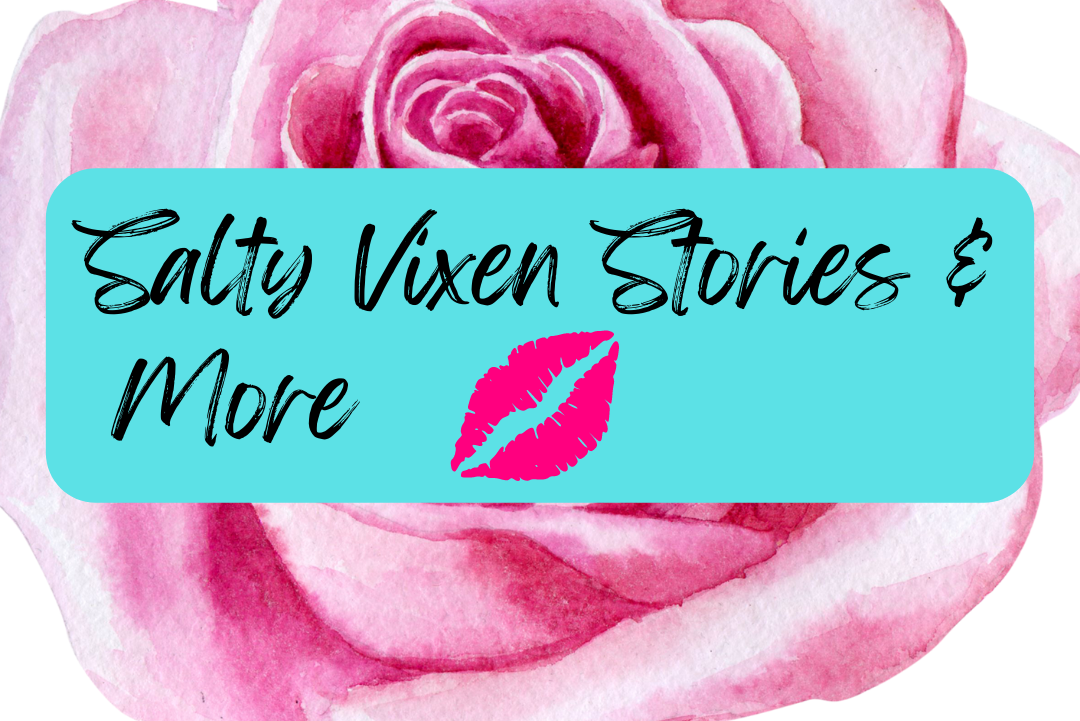The following list can be used in almost any context, from a casual conversation/ flirting? lol, for humor- Some of these phrases are in fact almost directly lifted from legitimate and respected book critics. Those fakers.
1. "Oh I just finished reading that! It's so difficult to straighten out my first impressions, though. How did you feel about the narrative development?"
Flip the question back, and soak up all the secondary knowledge you can from the response in the next five minutes. Then just roughly translate this information into your own words, and regurgitate. This is also great to use when you're not sure if you should be scorning or loving the book in question. For example, if your conversational partner loathes it, her subsequent rant on the book's flagrant shortcomings will give you time to think of snide ways to compare the author to Stephanie Meyer.
2."Truly penetrating."
Sounds clever, but means literally nothing. Works extremely well if said while looking ever-so-slightly to the upper left of the person to whom you're talking, shaking your head, and sporting a faintly furrowed brow, as if deeply contemplating the overwhelming life lessons you learned from the novel. Also a good one to use in class because with any luck, some other failing moron will pipe in with a 'that's what she said!' and take the attention off you for the time being. If this is your aim, other ambiguous adjectives can be used interchangeably with "penetrating", such as "hard-hitting" or "powerful".
3. "[Main Character's Name] is misunderstood, perhaps even by him/herself."
This wonderful sentence applies to every character from Harry Potter to Hamlet, mainly because authors like to project their own woeful and troubled lives onto their heroes. It's a pretty standard formula actually: angst+angst+angst+epiphany=EITHER redemption OR painful lonely death OR both of the above brought about in an unnecessarily complex way
4. [Main Character's Name] brings me back to my childhood on the farm, where my father once told me…"
Because nobody, not even your professor who is paid to do it, pays any attention to students' boring and lengthy personal anecdotes, especially when they have little to no bearing on the actual subject matter and are usually a thinly veiled attempt to somehow make the novel about said student's depressing, egomaniacal existence. Ok this one's not real advice this was just an opportunity for me to say that I HATE those assholes
5. "It's like this vast river/labyrinth/piece of music/machine that flows/runs/is played/operates dependently, each current/path/note/part interacting with the other to form a cohesive whole."
Metaphors are particularly appreciated in class, even the poorly constructed ones, because they show the professor that you are at least trying to bring out your stifled literary nature. They also automatically make any given sentence two shades more vague. Use exaggerated adjectives like "vast", "incredible", and "fascinating", as they make you appear a lot more enthusiastic about the subject matter than you actually are.
This is basically the epitome of the ?points for trying' strategy, but remember, a C+ for effort is less shameful and almost always leaves less traumatic memories than an A for sleeping with the Dean of Admissions. Not that I'd know or anything
6. "As I read this, Toulouse-Lautrec's work came to mind."
Comparing a picture to a novel is like looking around your grandmother's living-room: everything matches no matter what it is (see what I did there, with the metaphor?). You can name-drop any artist, just make sure his or her work is prolific and varied – also obscure, just in case your English professor happens to be an art buff. So, you score an art reference as well as portray yourself as sensitive and culturally aware …double win, bitchez.
Plus, you are bound to have a competitive jackass or a straight up over-achiever in your class; they will immediately agree with your pretty much meaningless statement to demonstrate that they, too, have a handle on the art history scene. Instant legitimacy!
7. "It was clearly before it's time."
This conveniently means two things: either that the author wrote something that was initially rejected but later unanimously praised as a work of genius, usually posthumously; or that the themes in the novel reflect some kind of universal, timeless piece of wisdom. One of these must apply by sheer probability to the classic text you are currently studying. After all, that's why the powers-that-be choose these texts in the first place…right?
And if all else fails:
8. "I feel that one of the over-looked themes in this novel is FATE."
It may never be lupus, but it's always fate.
